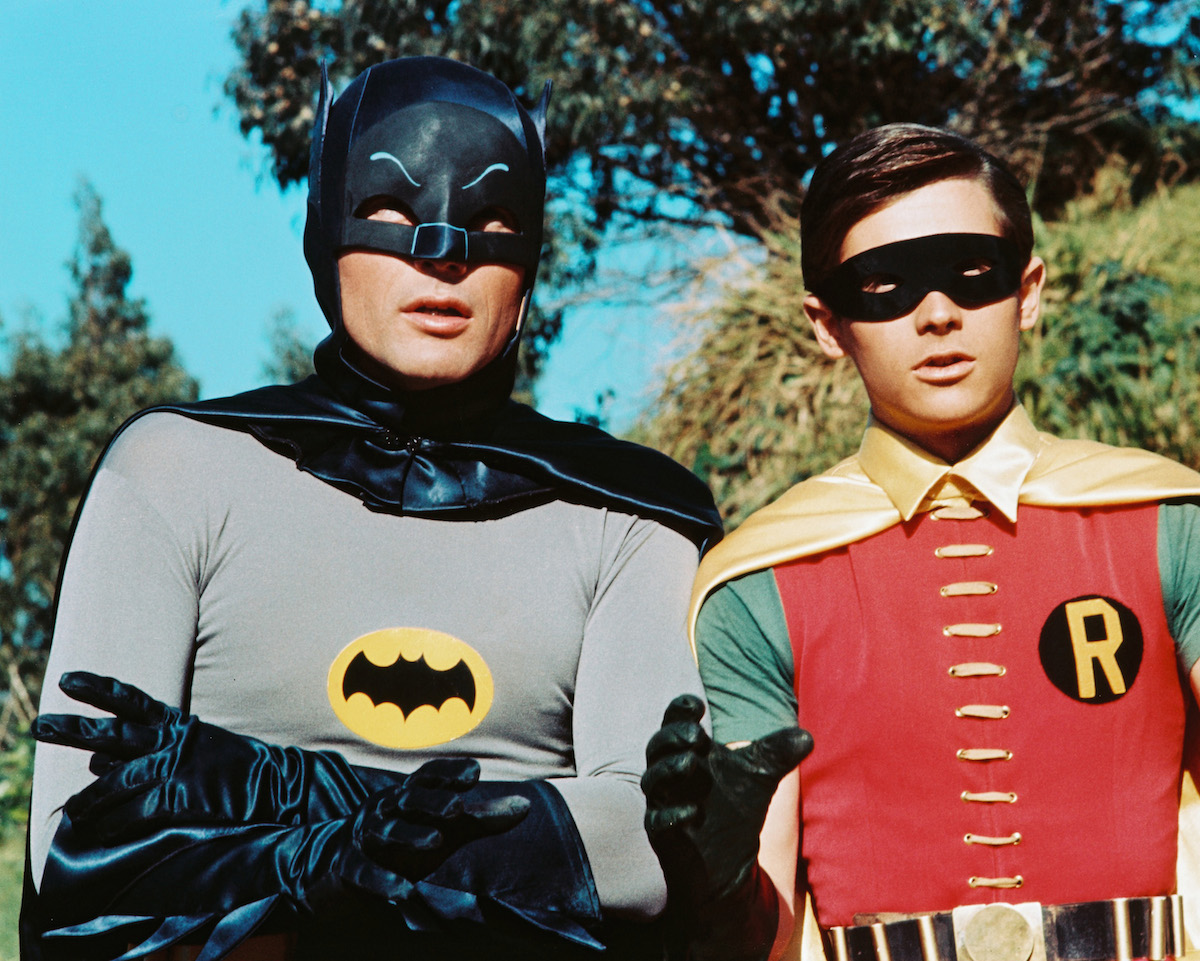Remembering Adam West
- Actor Adam West passed away 4 years ago today to leukemia. His death was a shock to friends and fans, and his cancer battle was described by his family as “short, but brave.”
- Leukemia is a cancer of the early cells in bone marrow that grow into white blood cells. Once they produce too many of these cells, this prevents the body from helping you fight infections.
- It’s unclear what type of leukemia West battled, but there are four major types of leukemia including acute myeloid leukemia (AML), chronic myeloid leukemia (CML), acute lymphocytic leukemia (ALL), chronic lymphocytic leukemia (CLL).
West first dipped his toes into Hollywood by appearing in 60s’ movies Batman, Geronimo and The Outlaws is Coming where he established himself as a leading man early on. As one of the most memorable Batmans in history, he later returned to the role by appearing in numerous television and animated series of the franchise. His portrayal of one of the most beloved superheroes perhaps gave him such much-needed bravery while facing a cancer diagnosis.
Read More
A few days after West’s passing, Los Angeles honored his incredible legacy by projecting the iconic bat signal on top of City Hall. Additionally, West’s hometown of Walla Walla, Washington projected their own bat signal on the city’s landmark Whitman Tower.
What is Leukemia?
Leukemia is a type of blood cancer, but what makes this disease more complex is that there are different types of leukemia people may be diagnosed with. Leukemia is a cancer of the early cells in bone marrow that grow into white blood cells. Problems arise when your body starts making too many of these cells. Because the new cells are abnormal and don't work like they should, they're of little help in protecting you against infections.
Related: How Race Affects Blood Cancer Risk
Under the main header of leukemia are four main subtypes, which are broken down based on the maturity of the white blood cells they affect, and the type of cells from which they start. These subtypes include:
- Acute myeloid leukemia (AML)
- Chronic myeloid leukemia (CML)
- Acute lymphocytic leukemia (ALL)
- Chronic lymphocytic leukemia (CLL)
Acute leukemia happens when the cancer cells are rapidly dividing and the disease progresses quickly. Chronic leukemia is when most of the abnormal cells are mature, but they still don't work as well as healthy white blood cells. Myeloid leukemias start in myeloid cells, the type of cells that become white blood cells, red blood cells, or platelets. Lymphocytic leukemias start from the cells that produce lymphocytes.
Dr. Nicole Lamanna breaks down blood cancers
Leukemia: Treatment
What makes leukemia even more of a complex cancer is that in some cases, this disease may not require any treatment at all. Instead of immediately opting for treatment, some people may be able to just partake in active surveillance so doctors can observe if the disease is spreading.
"This is a very different cancer," Dr. Nicole Lamanna, a hematologist/oncologist at Columbia University Medical Center, told SurvivorNet in a previous interview. "Most of the time, if you're diagnosed with cancer, we're going to treat you. Leukemia happens to be one of those cancers that you don't necessarily need treatment right away. Many patients are monitored even for years."
Related: Breaking Down the Categories of Blood Cancer
Deciding on active surveillance should be done in conjunction with your doctor, especially since this can often only refer to certain types of leukemia. The most common treatment for many blood cancers is by having a stem cell transplant (also called bone marrow transplant). If stem cell transplant is a part of your treatment plan, then before chemotherapy, your care providers may take some of your stem cells out and store them to use in the transplant later. (Or you may get stem cells from a donor.) After you complete chemotherapy, and your stem cells (and as a result, your immune system) have been wiped out, you will get new healthy stem cells put back in. It's basically like getting a brand new immune system.
Dr. Caitlin Costello explains when a stem cell transplant is the right treatment plan
Learn more about SurvivorNet's rigorous medical review process.


